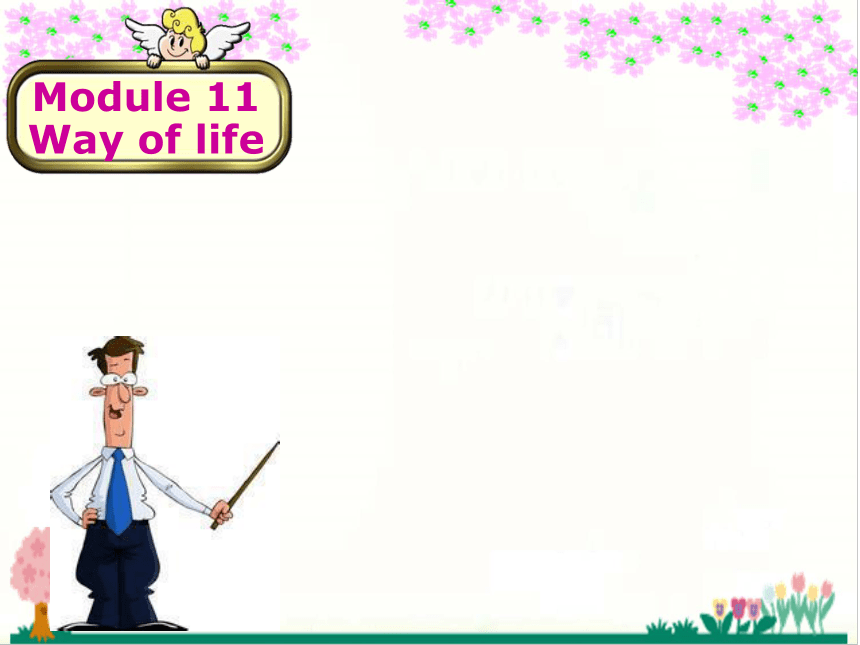(
课件网) Unit 3 Language in use To summarise and consolidate the use of must, mustn’t, need, needn’t, can and can’t when talking about customs and social behaviours Thank you for telling me that, Judy. And you must treat (对待) friends sincerely (真诚地) if you want to be trusted (信任). Nick, you can’t cheat (欺骗) friends. Read the conversation and pay attention to the parts in red. Observe Observe the following sentences carefully and pay attention to the words in red. 1. You must say Mr or Mrs when you meet someone for the first time. 2. You can take it away. 3. You mustn’t break anything. 4. You needn’t wait! 5. You can open it! 6. You mustn’t do any cleaning on the first day of the Spring Festival. 7. When you get to know each other better or when they ask you to, you can just use their first names. 8. You can buy it and eat it in special fish and chip shops on the high street. 9. At the bus stop, you must not push your way onto the bus. 1. You _____ say Mr or Mrs when you meet someone for the first time. 2. You _____ take it away. 3. You _____ (not) break anything. 4. You _____ (not) wait! 5. You _____ open it! 6. You _____ (not) do any cleaning on the first day of the Spring Festival. must can mustn’t needn’t can mustn’t go Ready? 7. When you get to know each other better or when they ask you to, you _____ just use their first names. 8. You _____ buy it and eat it in special fish and chip shops on the high street. 9. At the bus stop, you _____ (not) push your way onto the bus. can can mustn’t 情态动词must, can,need等 must 表示“必须,一定要”,可用于肯定句、否定句和疑问句。表示说话者的主观看法,认为有必要或有义务做某事。 否定形式 must not (mustn’t) 表示“不能”或“禁止”的意思。例如: 1. must You must use red paper for?hongbao? because red means luck.? 你必须用红纸做红包,因为红色代表幸运。 In my home town, people say you mustn’t do any cleaning on the first day of the Spring Festival.? 在我的家乡,据说大年初一不能打扫卫生。 --Must I come before 6:30 tomorrow?? 明天我必须在六点半之前来吗? --Yes, you must.? 是的,你必须在那之前到。 (表示一定要) --No, you needn’t.? 不,你不必在那之前来。 (表示没必要,相当于?You don’t have to.) must的一般疑问句的构成及其回答: can 表示“许可,可以”,表示请求,和could同义,可用于肯定句、否定句和疑问句。 否定形式 cannot (can’t)表示“不能,不可以”,语气弱于 must not (mustn’t)。例如: You can’t put the milk in first.? 你不能先倒牛奶。 (没有禁止的含义) 2. can When you get to know each other better or when they ask you to, you can just use their first names.? 当你们更加熟悉或他们请你(这样做)时,你就可以只称呼他们的名字。 Can I have a look at your photo?? 我可以看一下你的照片吗? ★请注意:本模块所学的 can 与以前我们所学的 can 意义不同,以前我们所学的 can 表示“能力”,这里表示“允许”。 --Can we go home now, please?? 请问我们现在能回家吗? --Yes, you can.? 可以。 (表示允许) --No, you can’t.? 不行。 (表示不允许) can的一般疑问句的构成及其回 ... ...

